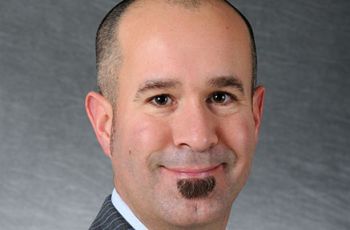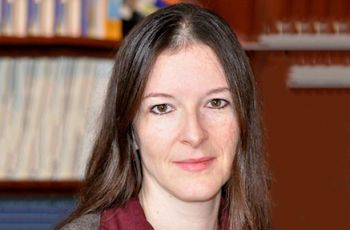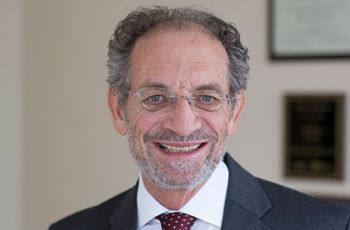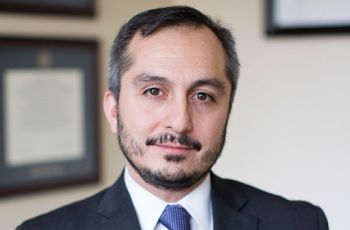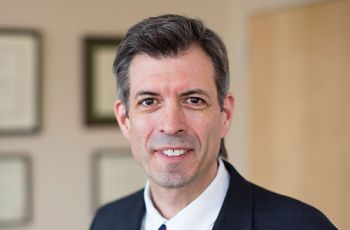Psychiatry & Behavioral Sciences
Michael Compton, M.D., M.P.H., professor and director of research initiatives in psychiatry and behavioral sciences and professor of prevention and community health at the George Washington University School of Medicine and Health Sciences, has been elected to the Board of Directors of Crisis…
Caroline Ahlers, M.D., clinical instructor in psychiatry and behavioral sciences, was interviewed by the Washington Post on whether mothers should take antidepressants while pregnant, in light of recent research findings.
James Griffith, M.D., professor of psychiatry and behavioral sciences, was featured in Psychiatric News for his program to help treat political refugees and train residents to work with these victims.
Amir Afkhami, M.D., assistant professor of psychiatry and behavioral sciences, was interviewed by ABC News on the emotional difficulties facing the family of Aurora, Colo., shooting suspect James Holmes.
Amir Afkhami, M.D., professor of Psychiatry and Behavioral Sciences and clinician at the GW Medical Faculty Associates, commented on a new study from the U.S. Army Public Health Command that suggests the rate of suicide among U.S. Army soldiers has soared.
Amir Afkhami, M.D., assistant professor of Psychiatry and Behavioral Sciences at the GW School of Medicine and Health Sciences, is quoted in an article about the link between certain antidepressants for pregnant mothers and pulmonary hypertension in infants.
John Sargent M.D., professor of Psychiatry and Pediatrics, vice chair for Child and Adolescent Psychiatry, and director of the Division of Child and Adolescent Psychiatry at Tufts University School of Medicine, went through residency training three times.
Third year psychiatric resident, Brandon Kohrt, M.D., Ph.D., has been selected as one of ten Laughlin Fellows by the American College of Psychiatrists. The Laughlin Fellows are chosen from an elite pool of applicants deemed likely to make a significant contribution to the field of psychiatry. They…
At its best, posttraumatic stress disorder (PTSD) is “the common cold of psychiatric illness,” according to Robert Ursano, M.D. Like a cold, its symptoms are common and usually temporary.
Daniel Z. Lieberman, M.D., professor of Psychiatry and Behavioral Sciences in the GW School of Medicine and Health Sciences, was interviewed by ABC News about 1 in 10 Americans over the age of 12 and a quarter of women aged 40 to 59 being on anti-depressants.
